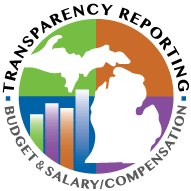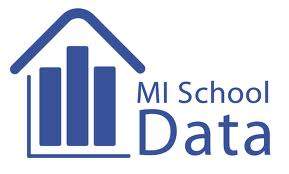SAGINAW TOWNSHIP COMMUNITY SCHOOLS FOUNDATION
SHORT COURSE ON WRITING GRANT PROPOSALS
One piece of advice for every grant writing opportunity on the planet: Read the “Request for Proposal (RFP)” and any proposal submission instructions very carefully. The RFP will tell you the goals and objectives of the funding program, what grantees are expected to achieve and deliver, how the proposals will be evaluated, and all the specifics about length of the proposal, number of copies to send, and the deadline.
A Proposal Writing Short Course
On your internet connection, go to: http://foundationcenter.org. The Foundation Center should be on any list of grant seeker’s resources. It stresses the preparation required to create a winning proposal as well as the different parts of a proposal itself: developing goals and objectives, methods to achieve the goals, and the evaluation plan.
TIPS ON…
Defining the project:
· Clarify the purpose of your project and write a mission statement.
· Determine the broad project goals, and then identify the specific objectives that define how you will focus the work to accomplish these goals.
Describing the need for your project:
· Describe a problem that is about the same size as your solution.
· Describe your issue in as local a context as possible.
Project design:
· Describe in detail the activities that will take place in order to achieve desired results.
· Make sure your methods are realistic.
· Show your knowledge of the bigger picture.
· You may need to include a timetable of major milestones.
Appendices:
· Some writers are prone to append peripheral documents on the theory that bulk will buttress their case (big proposals are better). Reviewers almost never read them, and may resent the extra padding. The best rule of thumb is: When in doubt, leave it out.
Common Pitfalls:
· Summaries are not comprehensive; they omit significant elements, are too long and often contain no overview.
· Introductions fail to focus the reader on project objectives or do not add to the proposal.
· Problems are not documented nor are they supported by current research.
Back to Top



